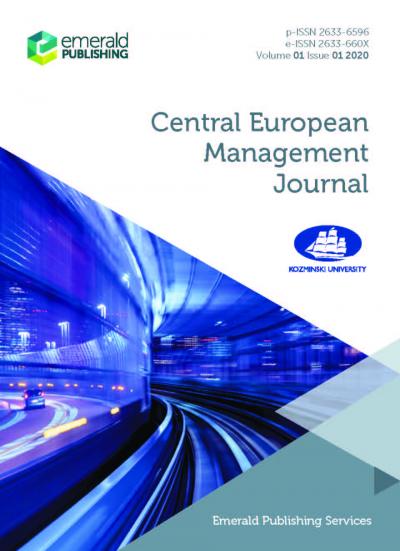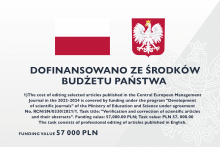Purpose: The article investigates whether performance of government-owned banks
is influenced by electoral considerations.
Methodology: To verify the political interference hypothesis, net interest margins
recorded by banks during different stages of the electoral cycle are studied. Univariate
tests are applied and random effects regression models are estimated.
Findings: It is established that government-owned banks exhibit statistically and
economically significantly lower net interest margins and interest incomes during
pre-electoral periods in Central European countries. The results support the view
that government-owned banks do realize political goals.
Research limitations: The role of only one political factor, i.e. electoral cycle is analyzed.
A comprehensive research project should encompass the effect of such factors
as political competition, non-electoral political events, electoral expectations,
government political complexion, and institutional development on governmentowned
banks’ behaviors. It should also assess the political determinants of lending
volume.
Originality: The article uses a new dataset including financial information since
1992, i.e. since the early transformation years.





